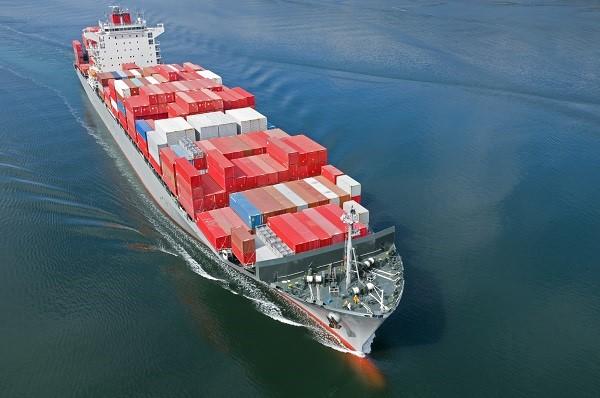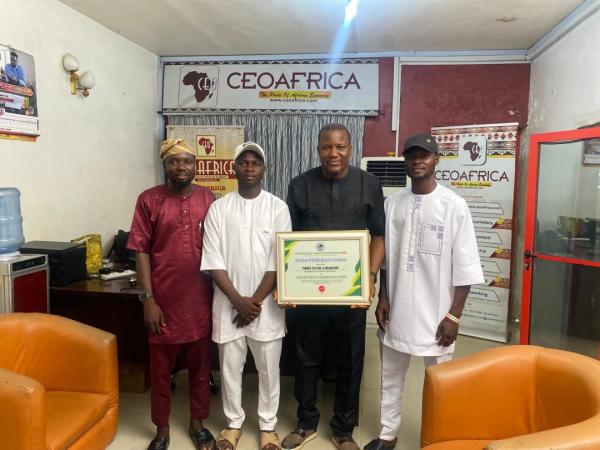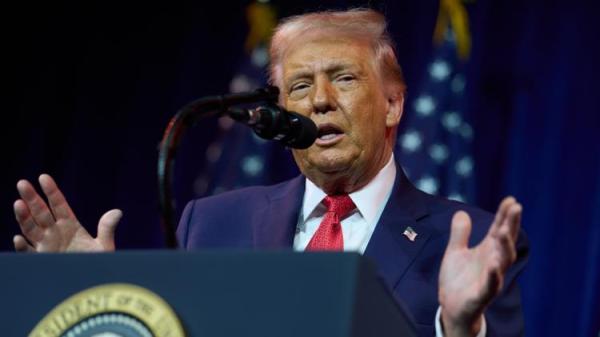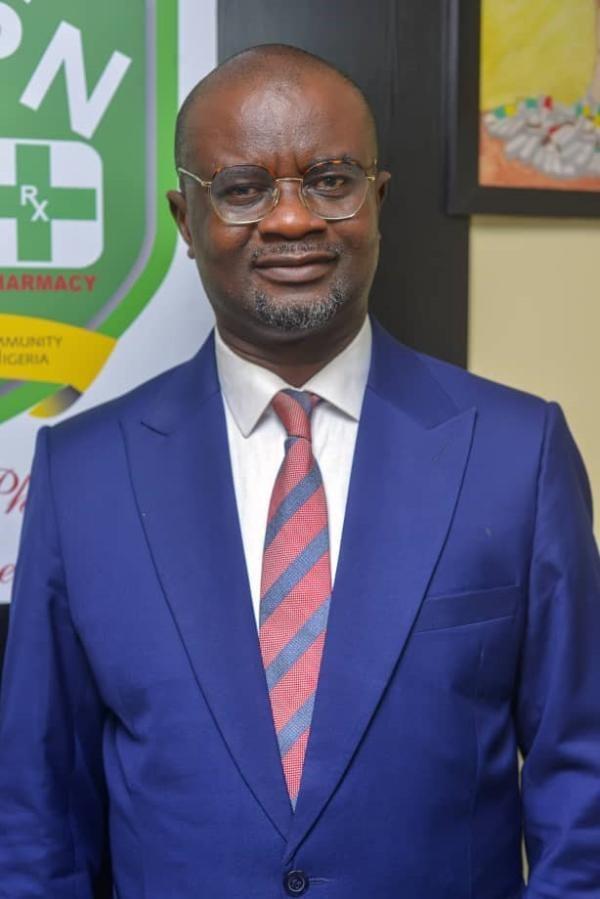
Nigeria loses $50b to foreign ship owners in four years
Nigeria lost over $50 billion to foreign ship owners between 2018 and 2022, sources at the Federal Ministry of Budget and Planning told The Nation at the weekend.
Between 2015 and 2017, it was gathered, the country lost about $25 billion to foreign ship owners, while it lost additional $25 billion between 2018 and last year.
A senior official said over $20 billion was paid as freight for dry and wet cargoes to foreign ship owners in 2018 and 2019 due to the absence of Nigerian-owned fleet plying the international route.
The official said the trend had been recurring over the years, adding that in 2010, over $9 billion was estimated as opportunity loss.
According to him, about $9.60 billion was freight opportunity loss from import and export of dry and wet cargoes in 2020.
The Nigerian National Petroleum Corporation (NNPC), the official said, needs to encourage subsidiaries to engage indigenous shipping companies in their businesses. NNPC, he said, needs to grant local shipping companies the right of first refusal in crude oil lifting contracts, saying it would help grow the economy and sustain their businesses.
This, he said, would enable local companies take control of the shipping business which was in line with the diversification policy of the Federal Government.
Indigenous fleet owners, he said, needs to enjoy greater patronage and participation in the oil and gas maritime business in the country.
He said the Ministry of Budget and Planning played an important role in fiscal policy direction of the government.
An expert, Mr. Gbolahan Adesoji, said for the government to realise its programme, a conducive environment backed by strong political will with incentives to operators, had to be put in place
“Since 1996, there has been a rapid rise in cargo throughput culminating in an unprecedented volume in 2011. It is worthy of note that average cargo throughput from 1956 to 2005 is 14,467,024 metric tons while the average throughput increased from 49,173,324 metric tons.’
“The yearly average cargo throughput of 70,926,939.38 metric tons of cargo from 2006 to 2018 over the yearly average of 14,467,024 metric tons from 1956 to 2005 shows a percentage increase of 490.26 per cent,‘’ he added.
This shows the remarkable progress made in our port developmental efforts since the port concession era. The statistics on Table 1 also shows that the cargo throughput increased from 49,173,324 metric tons,” Adesoji said.
A senior official of the Nigerian Maritime Administration and Safety Agency ( NIMASA), who craved anonymity said it was as a result of this that the Federal Ministry of Transportation through the former Minister of Transportation, Rotimi Amaechi, set up a committee for the Nigerian fleet implementation.
The NIMASA official said there is need for the country to generate more revenue; “there is the need to see if we can expand the Nigeria fleet, the work and the cargoes that they carry.
“We will be saving ourselves foreign exchange and we would be able to generate funds in foreign exchange as well. So it is very important for the agencies in the maritime industry to come together and create an expansion for Nigerian fleet.
“By so doing, we would also be creating jobs for Nigerians. When we expand the fleet we would also be expanding our transport infrastructure.”
NIMASA, the official said, is working assiduously to ensure the disbursement of the $350 million and N16 billion Cabotage Vessel Financing Funds (CVFF) to boost the efforts of the indigenous ship owners.
Some of the banks that have shown interest in the disbursement included in the disbursement of the fund are the Zenith bank, Polaris Bank, United Bank of Africa (UBA) Jaiz Bank and Union Bank on Tuesday had a meeting with the management of NIMASA where issues regarding the interest rate, collaterals and requirements were discussed.
Speaking with reporters on the disbursement of the fund, the Director General NIMASA, Dr Bashir Jamoh informed that the disbursement of the CVFF can’t start without the stakeholders engagement which the agency is currently doing.






















